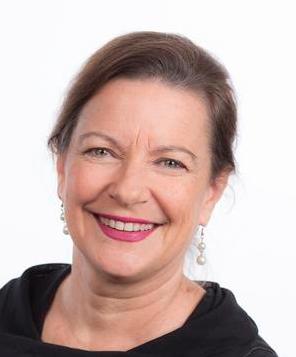Smart Space season 3 - episode 1
Panel addresses fundamental questions raised by increasing activity in space.
The scientists, the engineers, and the dreamers set the pace: creating the technology, building the hardware, and launching assets into space. But, as with any other technology, we will reach an inflection point where access becomes democratised – and that point is nearly upon us.
But what is 'access' to space? Who gets access and who sets the rules around it? And what does that mean for the governments, communities, and individuals of the future? This panel, chaired by Laura Anne Edwards, NASA Datanaut and part of the Oxford Space Commerce and Governance Initiative, brings together diverse participants Mona Nasser, Professor in Clinical Epidemiology and Oral Health Research at the University of Plymouth, Joseph Abakunda, Chief Strategy Officer, Rwanda Space Agency, and Timiebi Aganaba, Assistant Professor, School for the Future of Innovation in Society, Arizona State University, to delve deeper into the subject.
The discussion covers points including:
- Access to space does not necessarily mean that everyone should travel into space. However, everyone should be able to benefit from it. How do we make sure that happens?
- Space has historically been thought of as a ‘scientific laboratory’ or even a ‘sanctuary’. But increasing access means that we should start thinking about it as a multi-stakeholder environment with different kinds of actors. If that is the case, how do they interrelate? How are they governed? Do earth rules and earth laws work in the same context?
- What are the potential impacts on human health from long term exposure to micro-gravity and radiation? And could there be psychological consequences to being separated from where we come from? Much of our well-being and sense of ‘who we are’ depends on other species: animals and plants provide food, companionship, and emotional connections. And our identity is also linked to what we look like. This could change in micro gravity. On earth, humankind has had millennia to adapt to and along with our environment: we would not have that luxury of time in space.
- The idea of space comes hand in hand with stories, speculation, and mythology. One of the most important questions asked of anyone has to be: why do you want to get involved?





